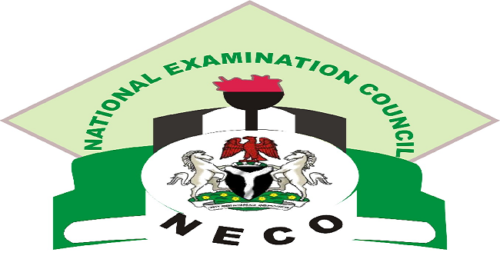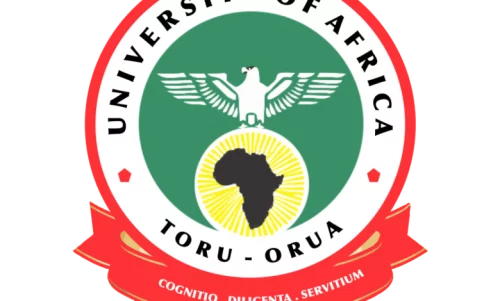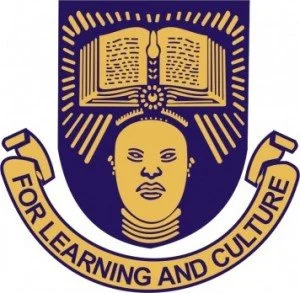Economics Keypoints: International Economic Organizations; International economic organizations play a crucial role in facilitating cooperation, fostering economic development, and addressing global challenges among member countries.
Study other economics keypoints here
These organizations serve various functions, ranging from promoting trade and economic stability to providing financial assistance and policy advice. Understanding their roles and relevance is pivotal for analyzing their impact on the Nigerian economy and their contributions to its growth.
Economics Keypoints: International Economic Organizations
i. Identify the Various Economic Organizations and Their Functions
International economic organizations encompass a diverse range of entities:
- ECOWAS (Economic Community of West African States): Aims to promote economic integration and cooperation among West African countries, fostering regional stability and development.
- AU (African Union): Works towards achieving economic integration, peace, and security in Africa, addressing economic and social challenges across the continent.
- EU (European Union): Promotes economic cooperation, trade, and political integration among European countries.
- ECA (United Nations Economic Commission for Africa): Focuses on promoting economic and social development in Africa through research, policy recommendations, and technical assistance.
- IMF (International Monetary Fund): Provides financial assistance, policy advice, and technical expertise to countries facing economic challenges, aiming to maintain global economic stability.
- EEC (European Economic Community): A precursor to the European Union, aimed at creating a common market and promoting economic cooperation among European nations.
- OECD (Organization for Economic Cooperation and Development): Works towards fostering economic development and cooperation among developed countries, focusing on policy analysis and recommendations.
- World Bank: Provides financial and technical assistance to developing countries for infrastructure and development projects to reduce poverty.
- IBRD (International Bank for Reconstruction and Development): Part of the World Bank Group, focusing on providing loans and financial assistance for development projects.
- WTO (World Trade Organization): Facilitates global trade by setting trade rules, resolving disputes, and promoting free and fair trade practices.
- ADB (African Development Bank): Focuses on financing development projects in African countries to foster economic growth and reduce poverty.
- UNCTAD (United Nations Conference on Trade and Development): Aims to promote trade, investment, and development policies to support developing countries’ integration into the global economy.
ii. Evaluate Their Relevance to the Nigerian Economy
- ECOWAS and AU: These organizations promote regional integration and cooperation, which can benefit Nigeria by expanding markets, enhancing trade, and fostering stability within the region.
- IMF and World Bank: Provide financial support and technical assistance to Nigeria during economic crises, helping stabilize the economy and implement reforms.
- WTO: Facilitates Nigeria’s participation in global trade, ensures fair trade practices, and helps resolve trade disputes, which is crucial for Nigeria’s export-oriented economy.
- ADB: Offers financial support for infrastructure and development projects in Nigeria, contributing to economic growth and poverty reduction.
- UNCTAD: Provides policy recommendations and assistance for Nigeria’s integration into the global economy, addressing trade-related challenges and fostering sustainable development.
These international economic organizations, through their functions and support, play significant roles in shaping Nigeria’s economic policies, promoting economic growth, and addressing various challenges encountered by the country. Their relevance lies in their ability to provide resources, technical expertise, and frameworks for cooperation, ultimately contributing to Nigeria’s economic development.












